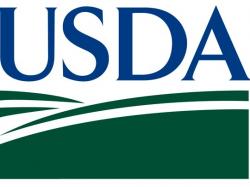Deli Meat OK For Canada, Not U.S.
March 26, 2010 | 1 min to read

The Canadian Food Inspection Agency cut off access to U.S. markets for the Toronto plant at the centre of an ongoing listeriosis investigation connected to tainted deli meats while allowing the company to continue to produce food for Canadians, Canwest News Service has learned.
The Siena Foods Ltd. facility was quietly delisted as an eligible certified plant to export meat to the United States this week in response to recalls in Canada last week of four different deli meats for possible listeria contamination.
One of the meats, Siena-branded prosciutto, was a genetic match to two serious cases of listeriosis in Ontario, the province’s chief public health officer confirmed last week. The non-fatal cases were also a genetic match to Siena salami, subject to a separate recall in Canada in December.
To read the rest of the story, please go to: The Montreal Gazette
